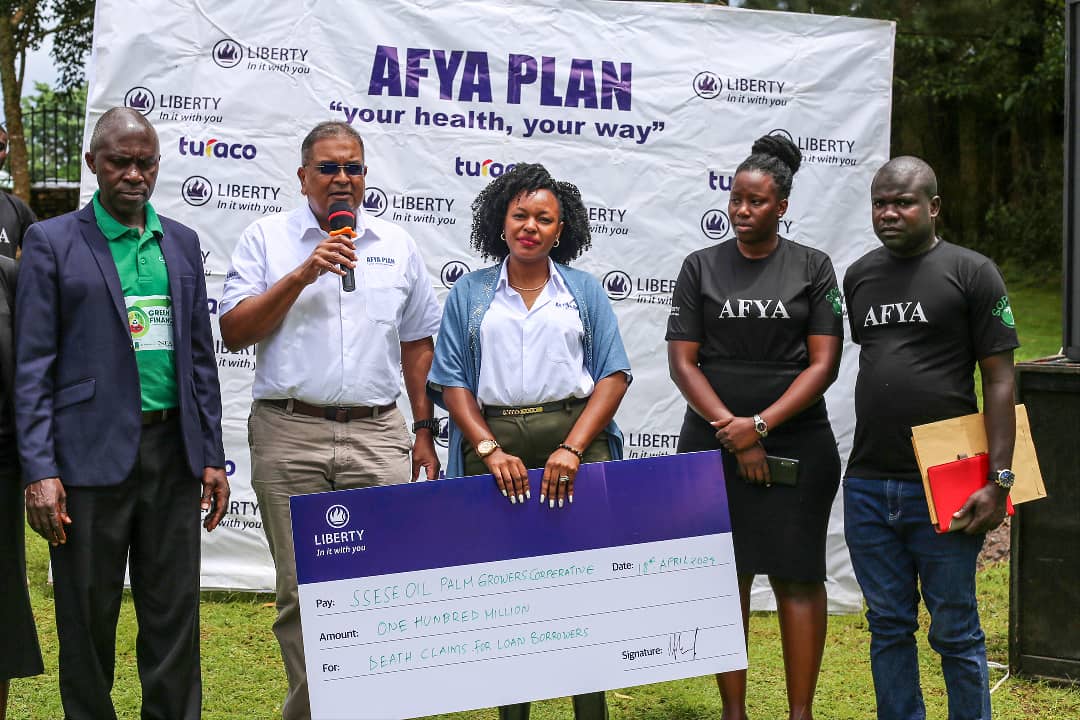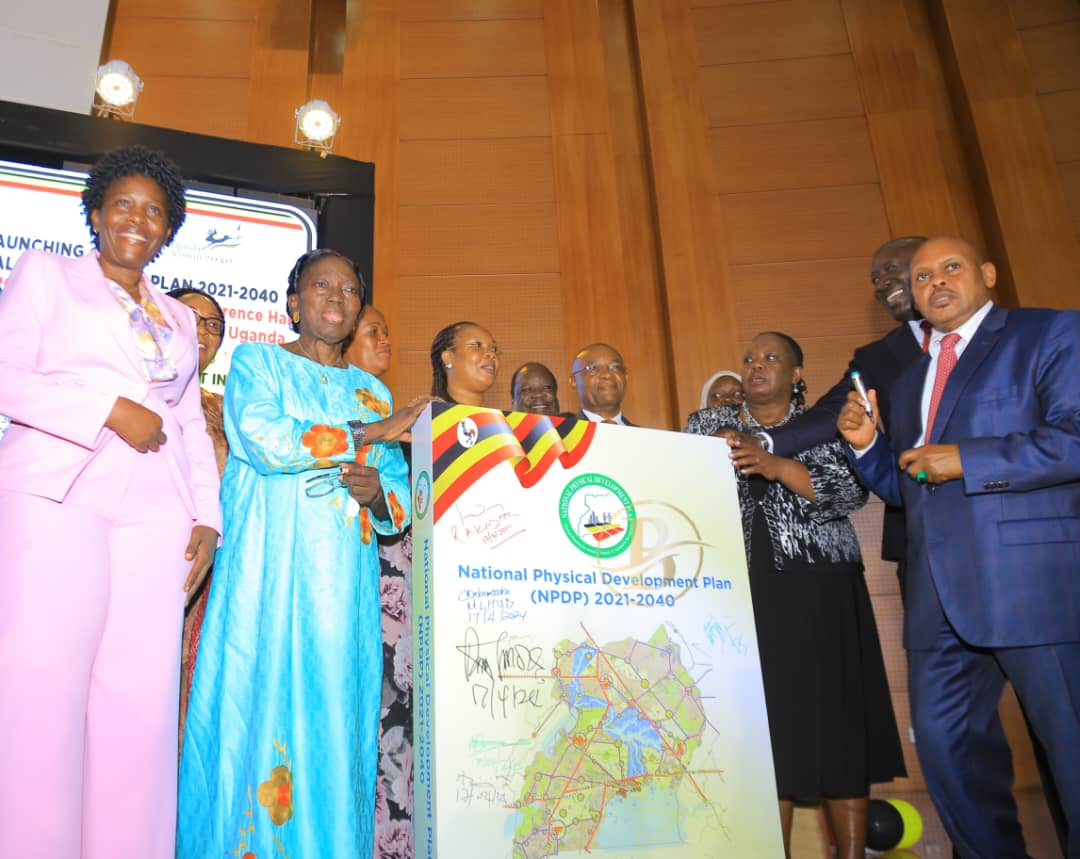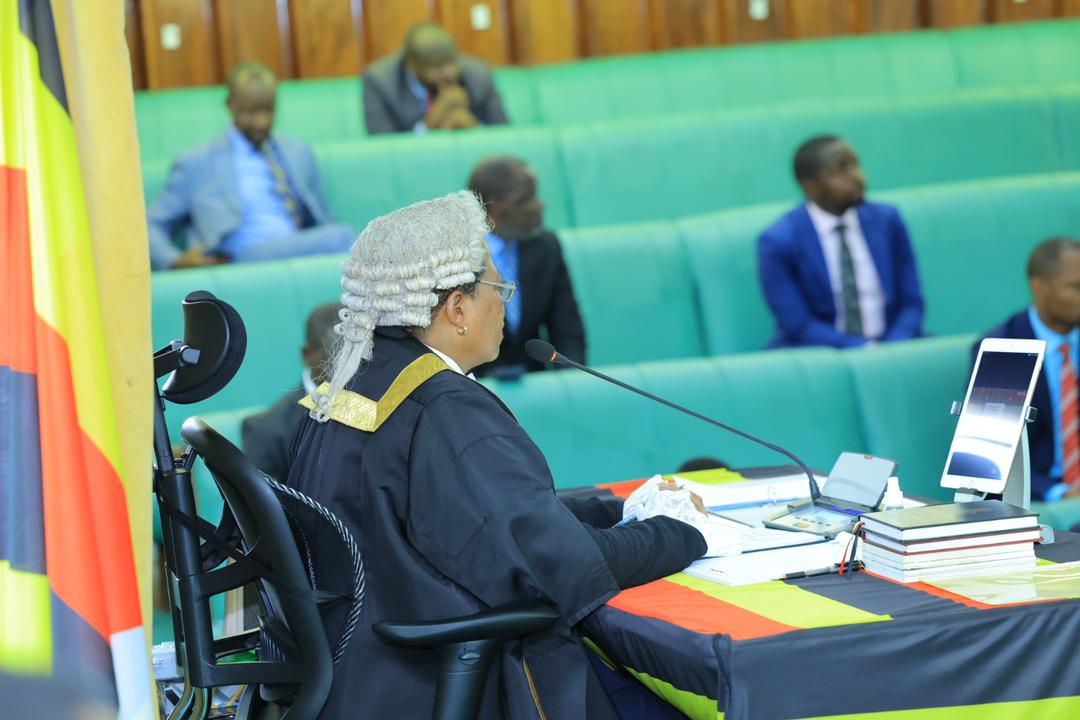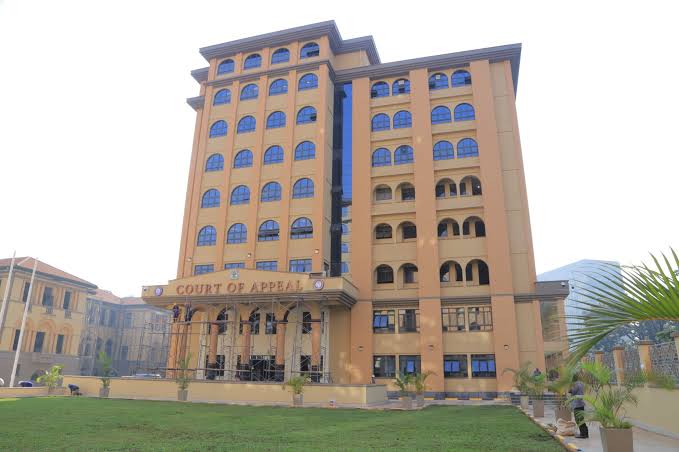Budget not gender sensitive towards women , says civil society
Civil Society Organisations have said the Shs48.1 trillion 2022/2023 budget read on Tuesday by the Finance Minister, Matia Kasaija left out key issues affecting especially women in the country.
Addressing journalists on Thursday, Forum for Women in Democracy (FOWODE) said whereas government introduced the Parish Development Model as a vehicle to drive the population out of subsistence production, there are is little or less element regarding women.
Keep Reading
- > Rev Can Ateirweho lists priorities as he starts work as Bunyoro Kitara Bishop
- > Liberty pays shs100m in life insurance claim to Kalangala family
- > Uganda Charts Course for Sustainable Growth with National Development Plan
- > Speaker Among calls for guidelines to streamline transportation of school children
are limited efforts geared towards mindset change to enable people embrace the program, especially for women.
“While we also commend the government for putting in place a 30% reservation scheme for women in the Parish Development Model, we are not satisfied with this allocation in view of the existing demographics of the proportion of women to men. Though some women (female youth) may also benefit under the youth reservation scheme, this is not currently specifically streamlined and may lead to the gender-insensitive distribution of funds, further deepening the economic gender gap,” said Elizabeth Ampaire, the Director of programs at FOWODE
According to Ampaire, whereas in the budget government indicated that each of the 10594 parishes will receive shs100 million, government has not committed enough funds for the mindset change of the members of the public as a way of creating awareness, organization and attitude change for the program.
“While the Ministry of Gender finalized the manual on mindset change and cross-cutting Issues, little funding has been provided to operationalize this pillar in the coming financial year with only shs1 billion of the shs16 billion required. We are concerned that this inconsistency in planning is likely to lead to the distribution of funds to citizens who are unprepared to use the money for the intended purposes, leading to wastage.”
She noted that this will be disadvantageous to many, including women.
The CSOs say government ignored prioritizing funding of interventions against sexual gender based violence which is on the rise.
They say deliberate programs like mindset change are key in helping solve the problem of sexual gender based violence in the country but have been ignored.
“Despite the presence of an elaborate legal and policy framework for sexual gender based violence, prevention and response in Uganda, there is an increasing incidence of gender based violence” Hilda Viola Murhon, the legal officer for Uganda Women's Network said.
“We are concerned that the government is not investing enough in mindset change programming to eliminate negative cultural practices that drive up these numbers. The government has also not adequately invested in the Justice Law and Order Sector (JLOS) to ensure the successful prosecution of these crimes that greatly affect the lives of women and girls.”
The CSOs say the shortfalls in financing the Police, judicial structures, and responsible departments in Local Government, directly contribute to the dismal performance in ensuring timely justice for victims of gender based violence.
“While we applaud the government for the introduction of the Electronic Court Case Management system (ECCMIS) to enhance case management, and the commitment to expand the deployment of this system to a further 10 court circuits in the financial year 2022/2023, we consider this effort insufficient to significantly improve women’s access to and acquisition of justice,” Murhon said.
Commodity prices
According to the Civil Society Organisations, the shs48 trillion budget didn’t take into consideration the issue of rising commodity prices in the country and world at large that they said have pushed many, including women into poverty.
They say government ought to have accorded special recognition to the increased commodity prices and put in place definite interventions for the problem.
“We are particularly concerned about the effect of these price surges on the disposable income of citizens, but even more about the ability of low-income women-headed households to put meals on the table. The depletion of citizens’ savings has an effect on their own livelihoods, but also on the country’s aspirations to improve its capita income to $1,049 in the coming financial year,” said Moureen Wagubi, the Executive Director for the Institute for Social Transformation.
Recommendations
According to the FOWODE Programs Director, the Gender Ministry ought to align its priority with cabinet on ensuring that adequate funds are allocated to mindset change programs if the Parish Development Model is to achieve its intended purpose.
“Government needs to also prioritize business development services to ensure all beneficiaries only receive funds after adequate skilling training under the Parish Development Model,” said FOWODE’s Elizabeth Ampaire.
The CSOs also asked government to consider temporarily reducing tax levied on fuel, especially diesel as a means to stabilize prices of essential foodstuffs.
“We would also like to recommend that parliament expedites the enactment of the Competitive and Consumer Protection Bills, to protect citizens from players in the private sector, who are taking advantage of the crisis to unreasonably increase prices,”Emmanuel Kashaijja, the Program Officer for Gender and Economic Justice at FOWODE said.














